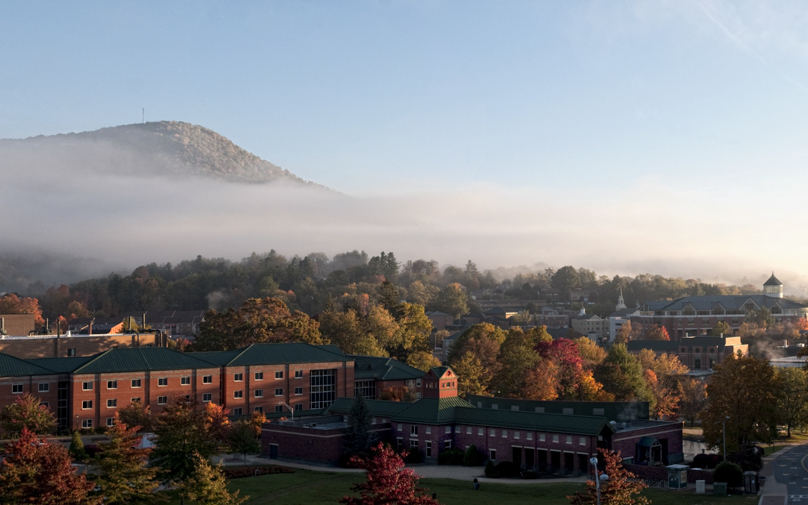Criminal Justice
The Bachelor of Science in Criminal Justice (BSCJ) degree provides students with an understanding of the criminal justice system, the policies it encompasses, and the theories that underlie it. The program faculty develop students’ ability to know, comprehend, apply, analyze, synthesize, and evaluate the criminal justice system, using critical thinking skills developed in and out of the classroom. The curriculum requires courses on core areas of the criminal justice system while giving students the flexibility to specialize through the selection of electives or a possible minor. In addition, the required internship and study away electives provide students the opportunity to combine their academic studies with experiential learning. The Criminal Justice-International concentration combines elements of the Criminal Justice degree with international-focused courses from various disciplines for students interested in issues of terrorism and national security, international justice policy, and international relations and foreign affairs.
Graduates of our programs work in a wide range of justice-related fields, including all levels of law enforcement, community supervision of offenders and juveniles, corporate and financial investigations, social and human services, court-related positions, as well as post-graduate studies in law school, Master’s, or Doctoral degree programs.
- 2018-19 or Later: See Undergraduate Bulletin
- 2017-18 or Earlier: See Programs of Study
Programs of Study
Minor
Criminal Justice Minor
Political Science
Students may earn either a B.A. or a B.S. degree in political science. For the BS degree, there are a variety of concentrations: American politics, International Relations/Comparative Politics, Pre-Professional Legal Studies, or Pubic Administration. Students work with their departmental advisor to select the degree program/concentration best suited to their academic and professional goals. All the programs offered are designed to provide students with an understanding of politics, political systems, and political theories. The curriculum’s goal is to develop students’ knowledge and comprehension of politics as well as cultivate their ability to analyze, synthesize, and evaluate politics, using critical thinking skills developed in and out of the classroom. In addition, internship and study away electives provide students the opportunity to combine their academic studies with experiential learning.
Political science students gain a versatile set of skills that can be applied in a wide range of careers in the public and private sectors. Graduates often work at entry-level positions for government agencies, campaigns, advocacy organizations, research groups, news organizations, or consulting firms. Political science is also excellent preparation for advanced study in law, public policy, public administration, international relations, and may other areas.
- 2018-19 or Later: See Undergraduate Bulletin
- 2017-18 or Earlier: See Programs of Study
Programs of Study
Political Science (BA)
Political Science (BS) - American Politics
Political Science (BS) - International and Comparative Politics
Political Science (BS) - Legal Studies
Political Science (BS) - Public Administration
Public Management Concentration
Town Administrator, City County Management (TACCM) Concentration
Minor
Political Science Minor
Department Generative AI Statement
In the interest of supporting a long-standing tradition of academic integrity, the Department of Government and Justice Studies at Appalachian State University forbids the use of generative AI (Artificial Intelligence) for any academic work submitted for a grade or credit unless otherwise specified by instructors/professors. This includes, but is not limited to: any written work submitted for a grade or required in academic courses, as well as Honors Theses, Masters Theses, Capstone Projects, Independent Study Projects, and Directed Research Projects. Masters Portfolios may only include generative AI work that was permitted in the courses in which they were assigned. Individual instructors/professors are permitted to allow generative AI at their discretion. Any use of generative AI must be documented and cited. Instructors/professors are encouraged to have a generative AI statement in their syllabi and to communicate course policies to their students. In the absence of a generative AI policy in a course syllabus, the above-stated guidelines will apply.




